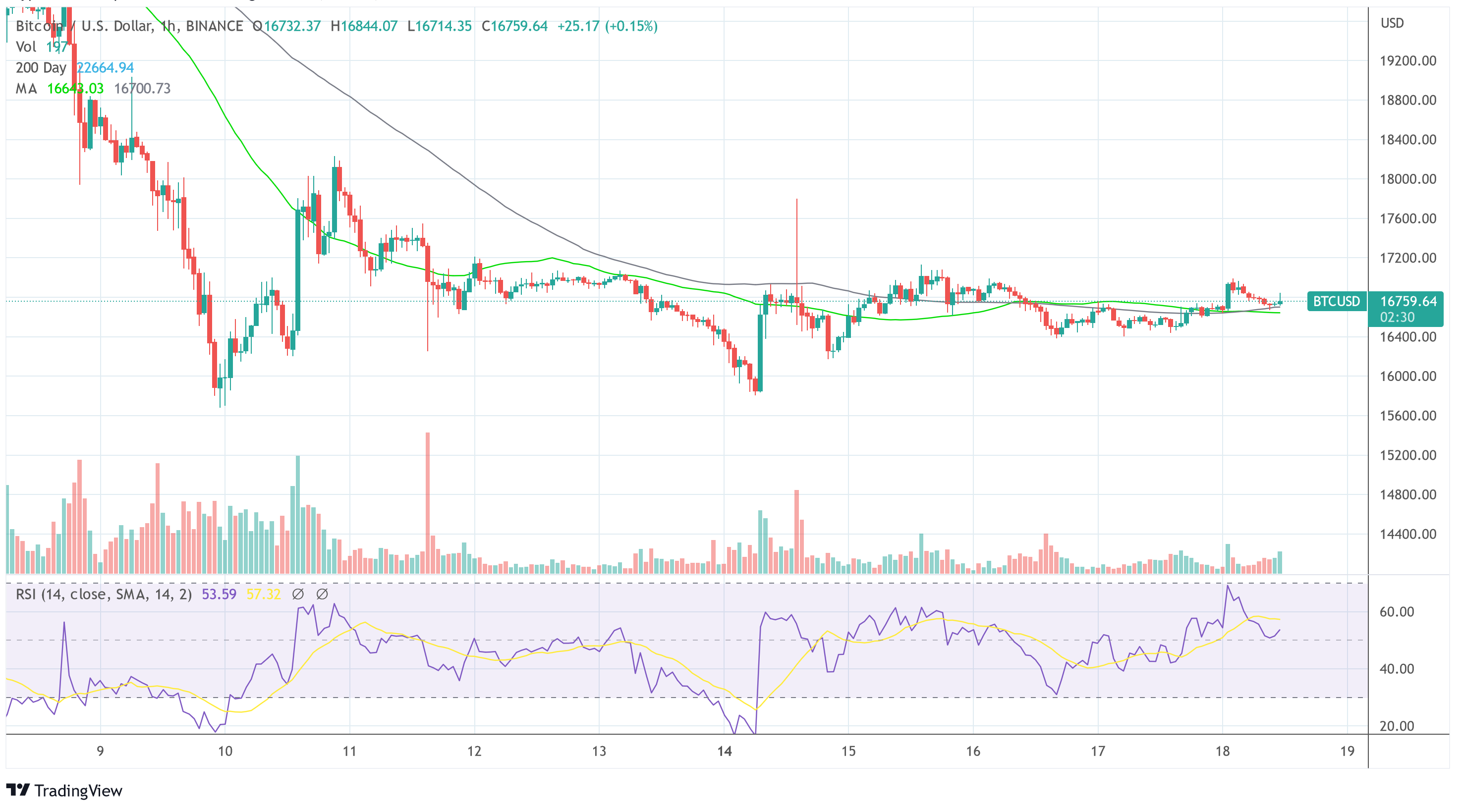In his first court filing, new FTX CEO and bankruptcy trustee John Ray III revealed yesterday an even greater extent of the fraud and chaos behind the collapse.
“Never in my career have I seen such a complete failure of corporate controls and such a complete absence of trustworthy financial information as occurred here,” Ray said in the filing.
Renowned on-chain analysis firm Nansen has now produced its own report to explore the origins of the disaster. It says Bankman Fried companies were closely linked from the beginning.
Nansen Findings Uncover The Early Entanglements of FTX and Alameda
It was no secret that Alameda was one of the first, if not the first, liquidity providers on FTX. However, how close the entanglements were was to remain a secret until recently.
The connecting link was the FTT token, which the exchange created. Alameda’s wallet was already interacting with FTX before it had even launched in May 2019.
[A]part from other CEX addresses, it was the only clearly identifiable counterparty.
Although relatively low in volume (~$160k), this strongly suggests that either Alameda was heavily involved in FTX’s inception or there was no clear separation between Alameda and FTX then – and perhaps, even both.
Also startling is Nansen’s finding that Bankman-Fried‘s two companies shared much of the total FTT supply that never entered circulation.
Nansen’s analysis found that FTX controlled 280 million of the total 350 million FTT (~80%), even though Bankman-Fried’s company claimed to own only half of all tokens.
The initial success and the meteoric rise of FTT’s price from $0.10 to an ATH of $84 in the bull market of 2021 ultimately artificially inflated Alameda’s balance sheet. This high balance sheet valuation could then be leveraged by Alameda to obtain loans backed by FTT.
But when the borrowed funds were used for illiquid investments, FTT became a “key vulnerability” for Alameda. Unable to sell large amounts of its FTT without sending the price plummeting, the company experienced liquidity shortages.
“This was a Gordian knot for Alameda’s FTT holdings and created a further co-dependency between Alameda and FTX,” Nansen wrote in his report.
With the collapse of Terra/UST, the Gordian knot became inevitable, as many creditors began to claw back loans following the collapse of 3AC and Celsius. So what was the solution? More loans against FTT as collateral.
Ultimately, after the collapse of Terra/ UST, Alameda had few options to repay the recalled loans, so it turned to FTX again.
Alameda deposited about $4 billion worth of FTT tokens on FTX between early June and July, peaking during the 3AC collapse in the week of June 12, 2022.
“This is in line with the interview from Reuters with several people close to Bankman-Fried, revealing a $4b loan from FTX to Alameda backed by FTT tokens, Robinhood shares, and other asset,” as Nansen hypothesizes.
Last but not least, Binance CEO Changpeng Zhao was the one to bring down the house of cards with his infamous tweets about selling all FTT tokens and warning Bankman Fried’s exchange could be the next Terra Luna.
At presstime, the Bitcoin price is still trading sideways following initial FTX shock, awaiting if there are further contagion effects on the market.

Source: https://bitcoinist.com/ftx-downfall-sparked-by-the-collapse-of-terra/
